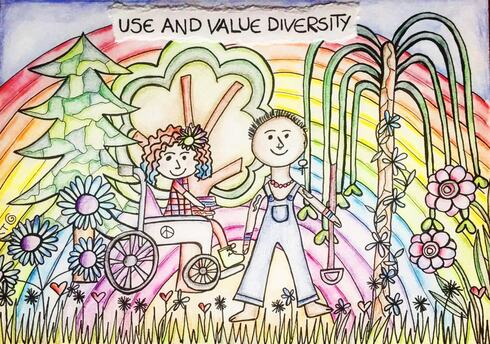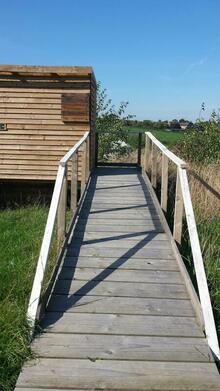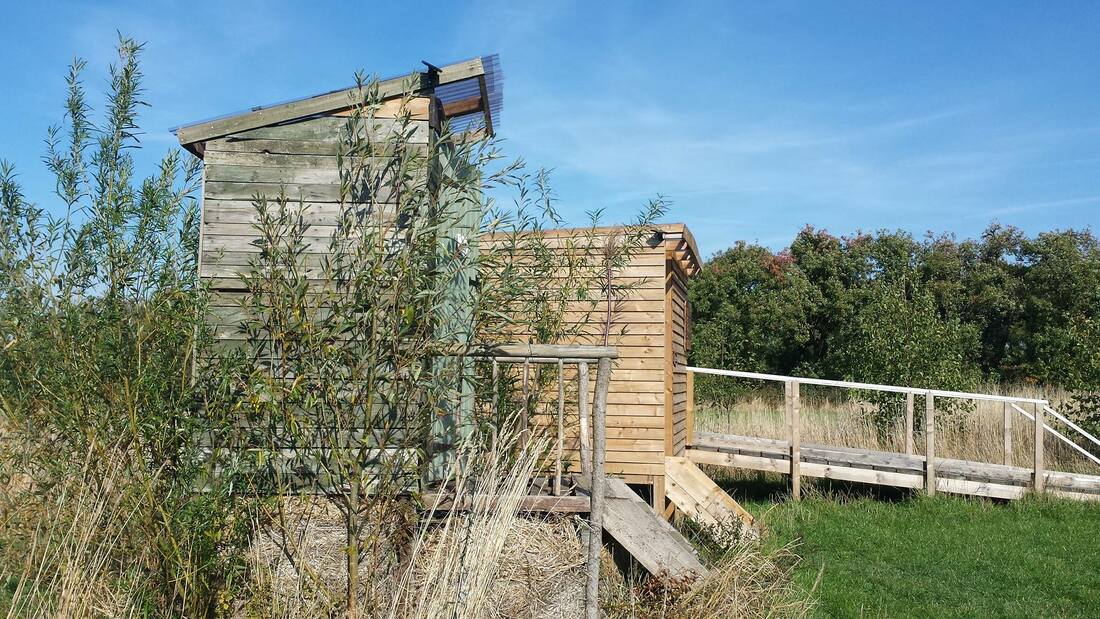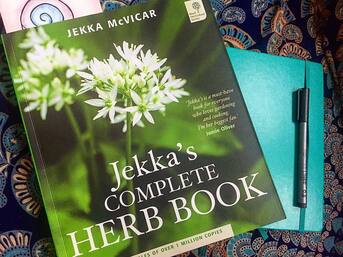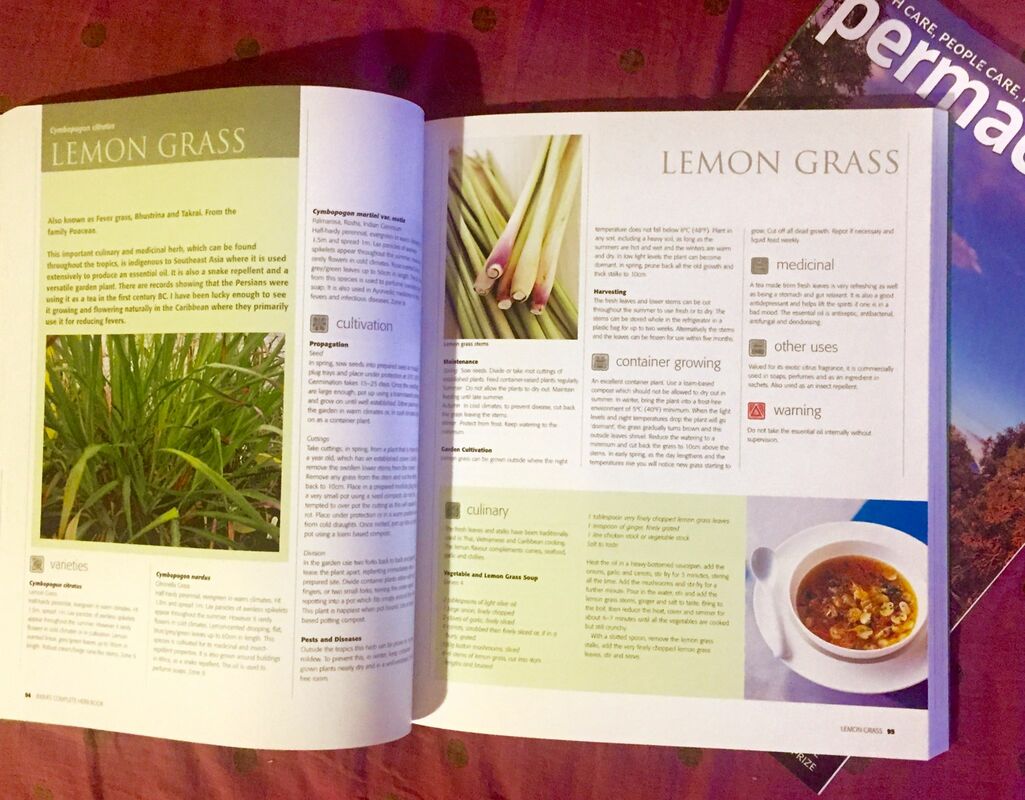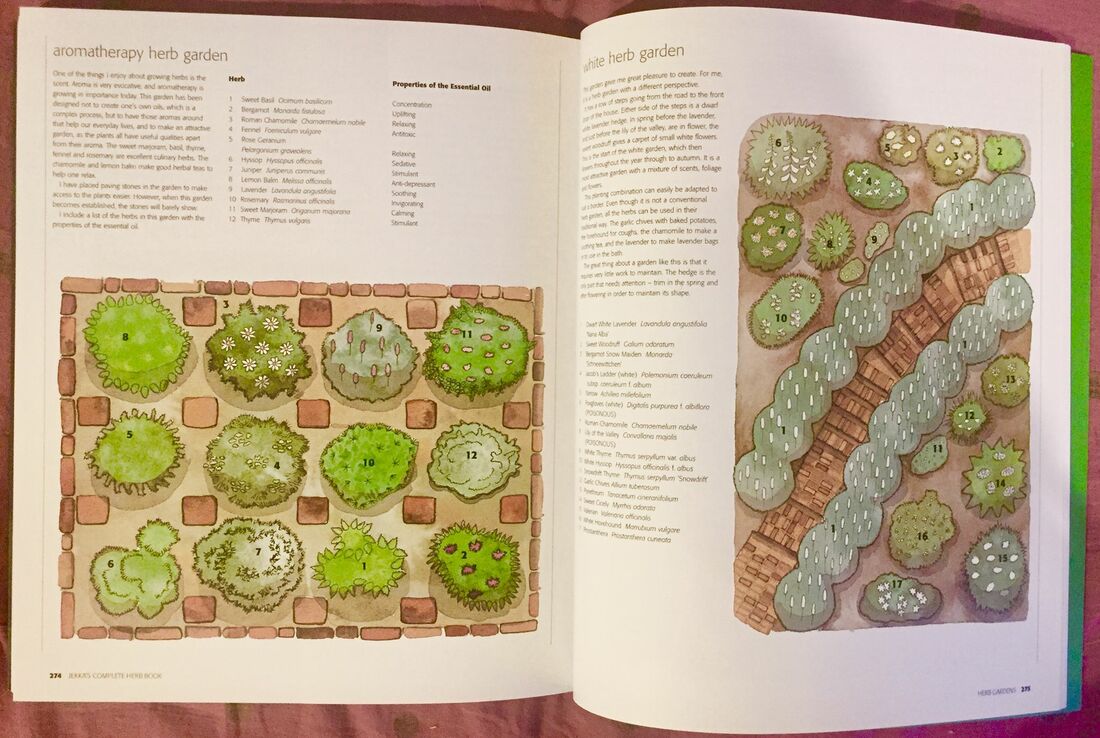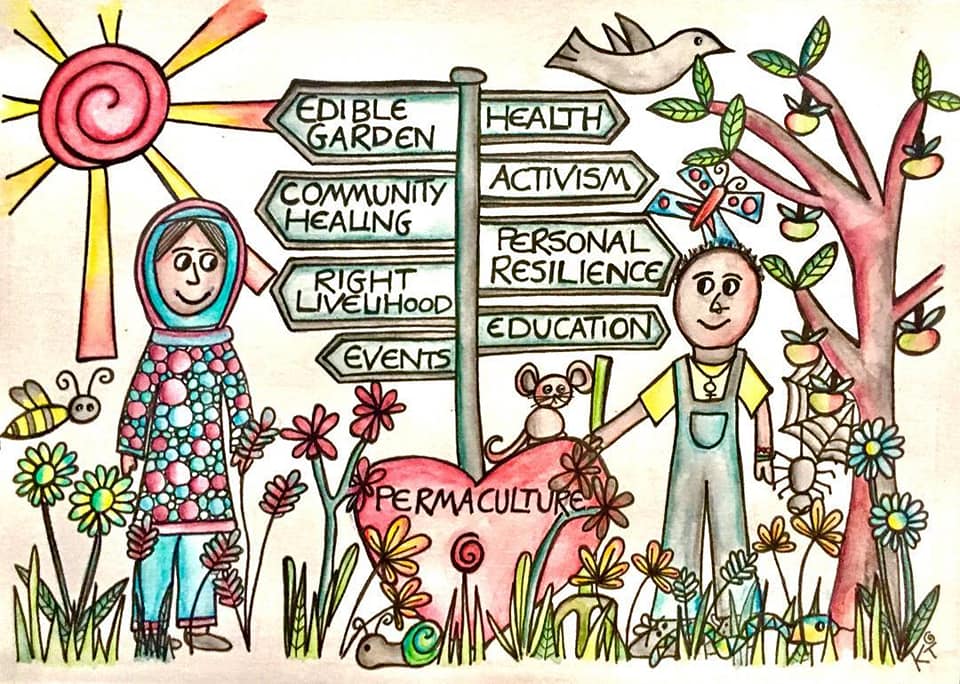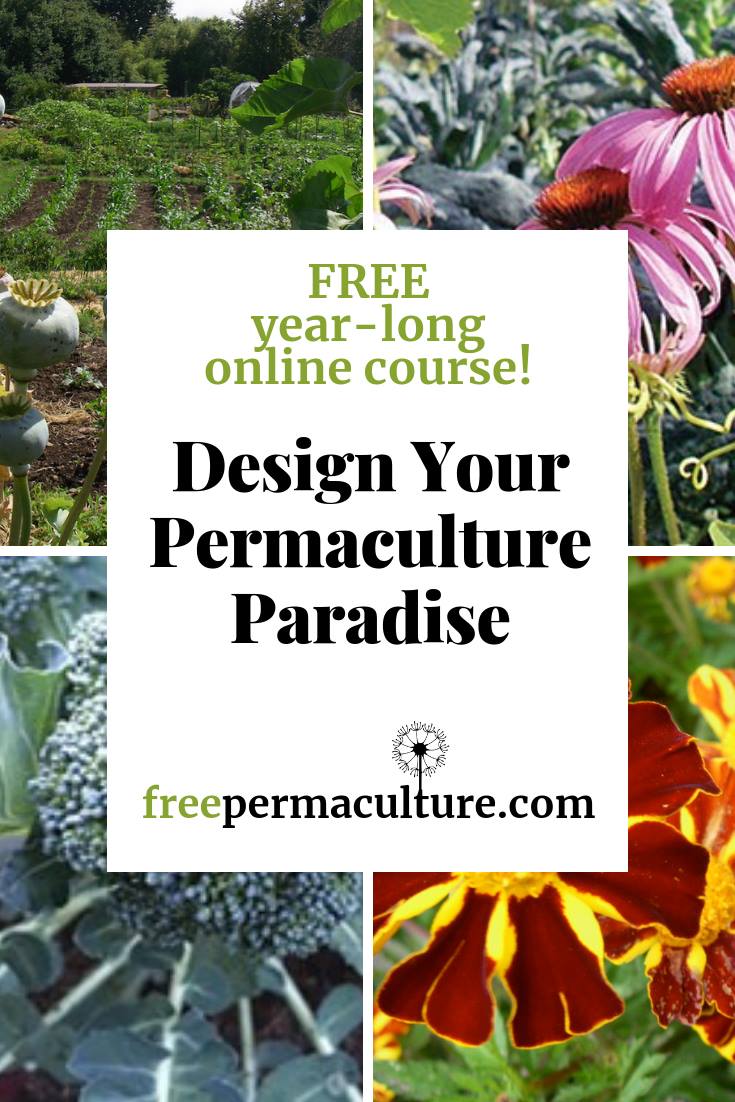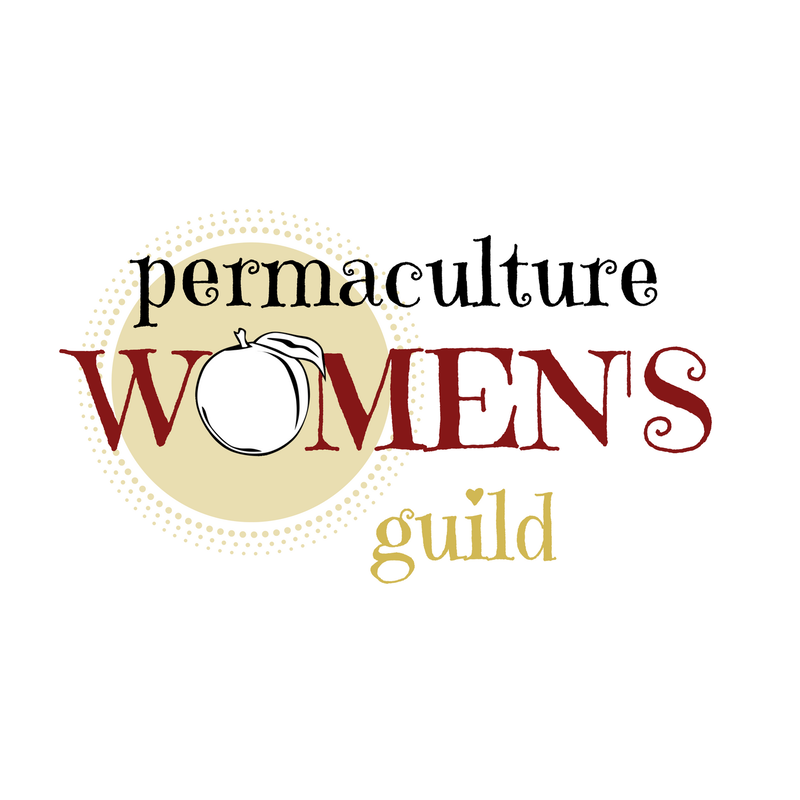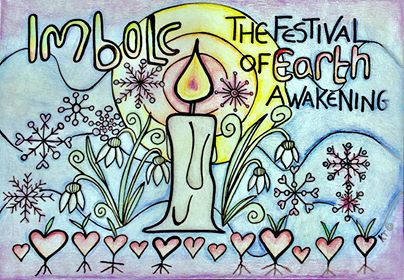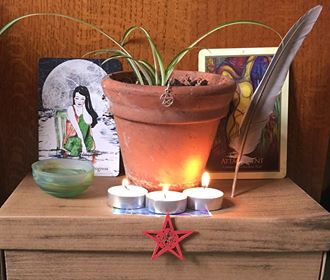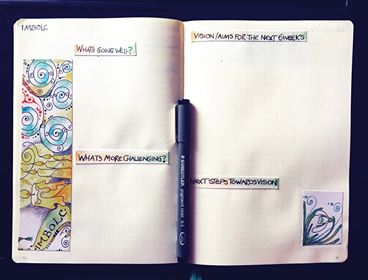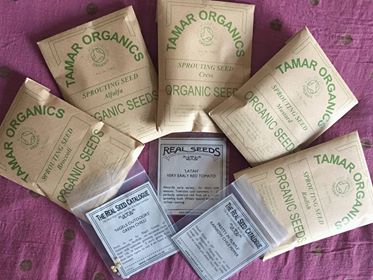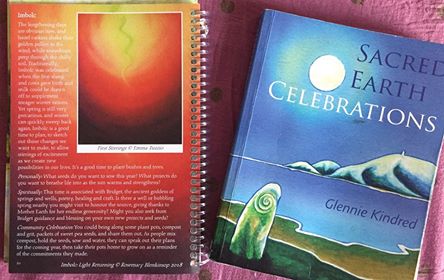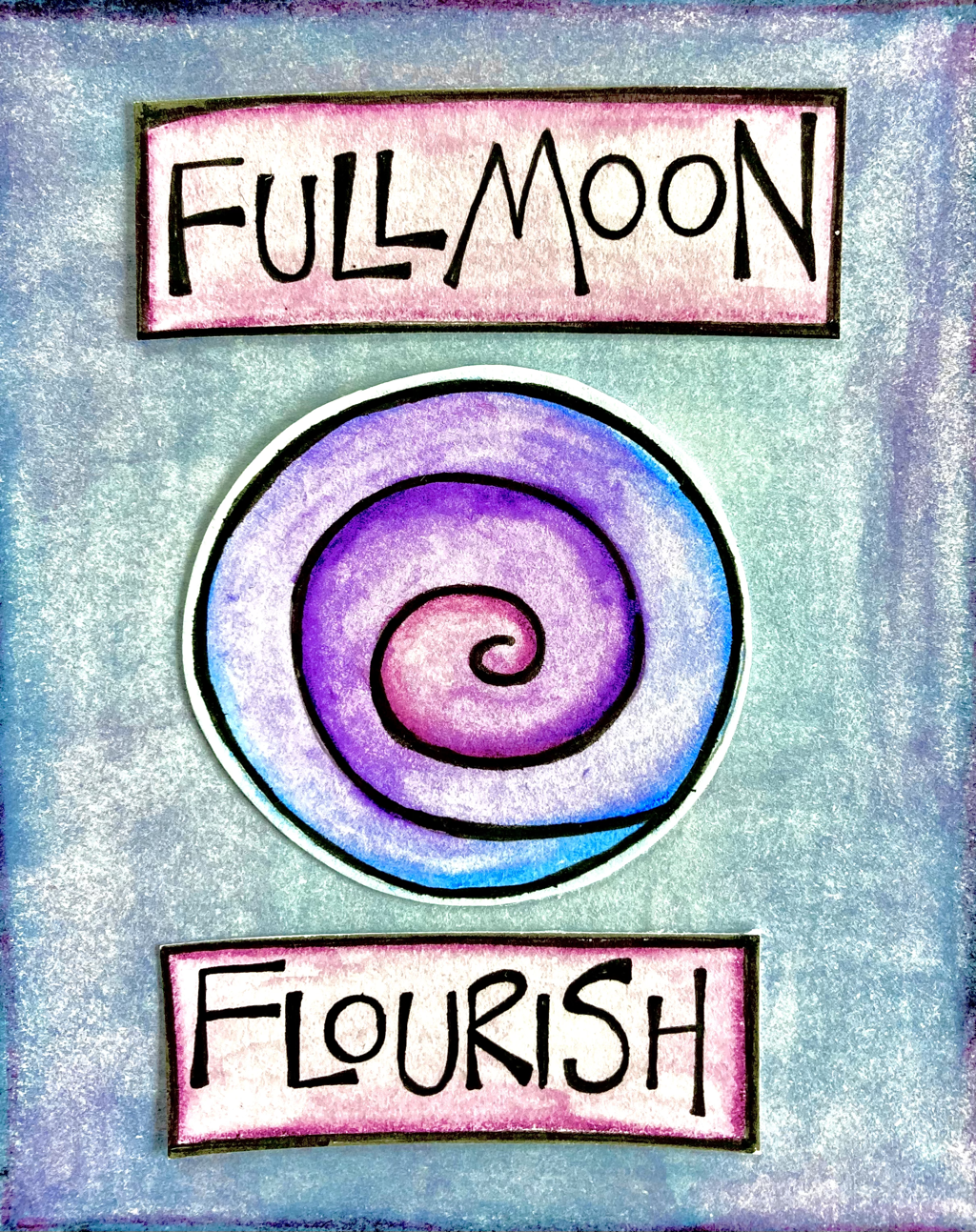- positives, challenges and suggestions for a more inclusive permaculture(This blog post is also available as a PDF here ) (Mainly UK-focused, though many aspects applicable to other countries too.) Since becoming very unwell and disabled nearly two years ago, I have learnt very quickly about what it means to be a person with disabilities attempting to navigate everyday life – and within that life, being unable to access many of the things I had previously taken for granted. Given that permaculture knowledge, experience, events and demonstration sites were previously a big part of my life, I have become increasingly aware of how difficult it would be for me to now access many of these things; in some cases it would be impossible. If I can’t participate in these events that are so important in my life, I wondered how many other people are also struggling to engage and connect with permaculture because of chronic illness and/or disability. As I started thinking about this in more depth, I set up a Facebook group with the intention of connecting with other people in the permaculture community with chronic illness and/or disability. (CI/D). (Recently, after some discussion in the Facebook group, it was decided that it made sense to add “neurodiversity” to the name and themes of the group too. The topic of neurodiversity inclusion isn’t discussed in this article, as the decision to add neurodiversity to the subject content in the Facebook group was made once I had started writing this post up. Many of the issues mentioned here – though not all of them – will also be relevant to neurodivergent people) If at this point you need more information about the definitions of chronic illness and disability then please see the links shared in "Designing Solutions", further on in this article. In addition to setting up the group, I went on to openly ask some questions about accessing permaculture for people with CI/D in several UK focused Facebook groups about permaculture and also via a post on the Permaculture Association (Britain) online noticeboard. People were invited to respond to the following questions, either in public in the group or by emailing me. In total, 47 people (mainly from the UK) responded in one of these ways. The aim of this information-gathering was to access reflections on experiences; it was a place to start a conversation rather than to undertake a structured research project. Here are the summaries and direct (anonymous) quotes of the responses to each question. (This article is quite lengthy, as I wanted to be able to include the voices of as many people as possible.) 1) Do you identify as having a chronic illness and/or disability? A diverse range of chronic illnesses and/or disabilities were included in the response to this question. These included physical illnesses, mental illnesses, learning disabilities (including dyslexia) and physical disabilities. Several people were keen to include neurodiversity as a disability too, as they pointed out that the education and benefits systems in the UK treat it as such. Many people also said that their illness and/or disability was a ‘hidden’ one, meaning that other people couldn’t immediately tell if the person with the chronic illness and/or disability had extra needs. A common theme evolved around many people feeling disabled by their environment, which frequently does not allow differently abled people to participate in life as they need to or would like to. Anyone has the potential to have additional needs and people with chronic illness and/or disability should be accepted to self define this, and not judged by others in doing so. Some people who responded didn’t identify as having a CI/D, though they had witnessed the experiences of people with CI/D accessing permaculture events and demonstration sites. 2) Do you have examples of where accessing permaculture knowledge, demonstration sites and events have been adapted to the needs of someone with a chronic illness and/or disability? This might be your own needs, or someone else you have observed being supported well. Several people mentioned great examples of how their needs relating to CI/D had been met at a variety of permaculture events and sites. These included:
There were also a couple of examples of places that had easily accessible compost toilets. Some statements made were:
3) Have you, or anybody else you have witnessed, been unable to access permaculture knowledge and/or demonstration sites and/or events because of your chronic illness and/or disability? Some statements that reflect general themes were:
The attitudes of other people Many people have health conditions where their symptoms are variable. Some found that the lack of understanding about this meant that they felt uncomfortable and judged if they couldn’t join in with an activity when the previous day they had been able to. Some examples given were:
Physical space
Event activities
4) What changes could be made in order for you, or other people with chronic illness and/or disability, to be able to further access permaculture knowledge and/or demonstration sites and/or events? General themes One very common theme emerging from the reflections people shared with me is that permaculture should be about designing systems that showcase inclusivity.
Attitudes
Physical space
Activities
Designing solutions Although every person with CI/D is an individual with unique experiences and needs, there are some common symptoms, issues and requirements for many folk. The following easily accessible resources are some favourites of mine, and can help you to understand more about these. The Mighty – online community of support and awareness raising about disability, disease and mental health. Stickman Communications – communicating about disability with style and humour Chronic Illness Inclusion Project Permaculture, Chronic Illness, Neurodiversity and Disability Facebook group Suggestions to improve access to permaculture knowledge, events and demonstration sites in general in the permaculture community/movement (These suggestions are also available as a PDF here )
Top tips for permaculture events/courses facilitators and permaculture demonstration sites (These top tips are also available as a PDF here)
This article and its suggestions have been designed to act as a starting point for further discussions and design work around access to permaculture for people with chronic illness and/or disability. Over the next few weeks, I will also be recording a spoken-voice version of the article content for my planned YouTube channel. I openly welcome feedback and /or suggestions for further blog posts/articles. Feel free to contact me by email or via my social media platforms.
7 Comments
Book Review One of my visions/aims for this year is to increase my knowledge about herbs. How to grow them, preserve them and use them for treating illness and improving health and wellbeing. I became really inspired by the work of Jekka McVicar a few months ago when I listened to an episode of BBC Radio Four 's The Food Programme about her. And reading a book written by Jekka seemed a very obvious first step for me and my learning. Jekka's Complete Herb Book, published in association with the Royal Horticultural Society, is a beautiful work of reference. 150 different herbs are presented in two page spreads and include; the common names, various species, history, cultivation, propagation and harvesting. And then for each herb medicinal, culinary and wellbeing topics are detailed in a really accessible way. I've set myself a task of learning about a different herb each day, and it's already becoming a lovely and productive part of my mornings. The book also has sections on harvesting, preserving, making natural dyes common pests and diseases relating to herbs, a comprehensive yearly calendar and my big favourite...a gorgeous twelve page section on herb garden design, (including growing herbs in pots/containers). I wholeheartedly recommend this book. I would say my knowledge about herb growing and use, is pretty patchy and fairly close to the beginner stage of understanding, application and confidence. Jekka's Complete Herb Book with its easy layout and stunning photos and illustrations already feels like it's going to be the ideal tool for my learning and my enjoyment of that learning. It's the kind of resource that would make a great present too. I've linked the book to the hugely dominating seller of all things online, but as ever, if you can, get your local bookshop to order a copy for you and know you've supported a business in your community where each sale matters.
A year long course by the Permaculture Women's GuildI'm really excited to be illustrating this amazing online course being offered by the Permaculture Women's Guild. The course starts March 15th 2019 and folk will be able to start at their own pace anytime from that date. Students are invited to :- "Design Your Garden, Home, and Community to be more sustainable, ecological, and regenerative!" For more details, including how to sign up, visit the Permaculture Women's Guild website, where you will also find lots more courses and opportunities on offer too.
Earth Based Spirituality & PermacultureI love to use the solar and lunar cycles and circles within Earth based spirituality, as a grounding tool and guidance for my permaculture projects. This weekend has been the wheel of the year festival, of Earth awakening, Imbolc. Here in Yorkshire, Northern England, there are signs of life emerging into the new light, from their long rest through the cold, dark, shortest days. At Imbolc, we can connect with the nature around us, observing and interacting, and slowly move forwards to the energy of spring. The earliest of seeds sown for edible gardens are starting to germinate and we too can plant and nurture our inner seeds of visions for our work and life, and watch them germinate over the coming weeks. The Imbolc new moon arrives today its the perfect time to use the rising energy for new beginnings. and a perfect time for reflection and planning. Here are some of the ways I have been using the energies of Imbolc in my permaculture projects and including my own wellbeing.- I spent some time grounding and allowing my creative thoughts to flow without constraint, about the directions I would like my permaculture projects and life to take. I created this space with the five elements of Earth, Water, Fire, Air, Spirit plus 2 oracle cards I had chosen, to help provide an extra layer of visioning and focus. I will be keeping this alter space as it is until the Spring Equinox in 6 weeks time. Seeing it on a regular basis, and as a tool for further reflection and grounding, will help me to continue to connect with the new ways forward in my projects on a regular basis. And, in turn regular connection can often mean that my visions and goals for my life and permaculture projects are become an achievable reality. I have been using this "4 questions" reflection tool with focus on my permaculture work, and from the reflection, applying self regulation, and accepting feedback, have designed a realistic plan about creating and implementing new elements in each permaculture project. The plan is in my journal which is the "hub", the centre of my life! and I look at it many times each day. So again, observing it on a regular basis means that my aims and goals for each project are more likely to be achieved. Sowing actual seeds! For the last 2 years my edible gardening permaculture project has been on pause, as I've been too unwell to be able to do any physical gardening. And currently I don't have a garden of my own. Over the last few months my health has slowly been improving and I have been feeling a strong pull to get growing food again, and creatively using and responding to change. Peppers (including chillis) and tomatoes like as long a season to grow as possible so I will be planting these hardy varieties from Real Seeds over the next week. I'm also going to start sprouting seeds and pulses again for daily use as a delicious and super nutritious addition to my diet. I've stocked up on sprouting seeds packs from Tamar Organics and really looking forward to getting them growing. For more ideas about connecting with nature inside if you are unable to be outside, see an article I wrote "Bringing Nature Inside" So here are a few of the ways I have been using energies and characteristics of Imbolc in both my permaculture and general life projects. Please feel free to have a go at applying any of these Ideas to your own life and work. I've enjoyed and valued using the following resources throughout this Imbolc weekend: -
Glennie Kindred - Sacred Earth Celebrations - book Earth Pathways - Website and Diary Life Design Cards - Lisa Mcloughlin Art Gaia Oracle Cards - Toni Carmine Salerno Permaculture Principles Website |
Welcome to my blog. Here I aim to share everyday examples of how permaculture can provide healing and regeneration for ourselves, our communities and our planet.
Search My BlogSign up for my monthly newsletter, Full Moon Flourish. Here I will be sharing updates about my creative permaculture projects, plus links to inspiring work from other women in permaculture.
Archives
May 2024
Categories
All
|
